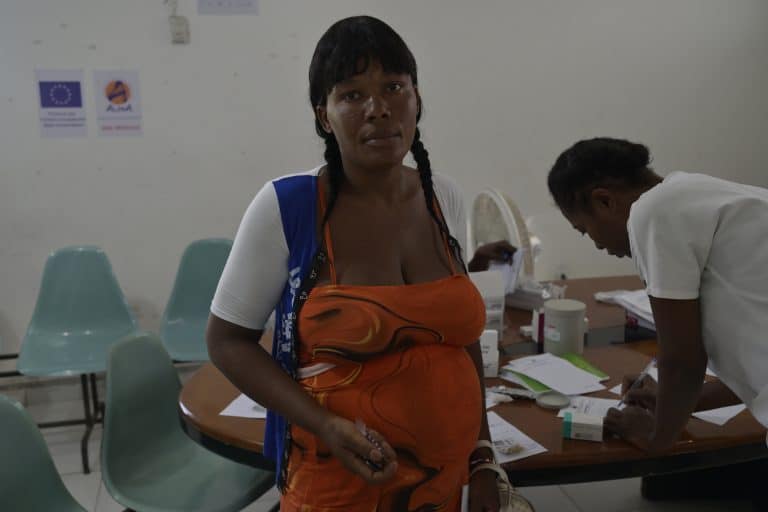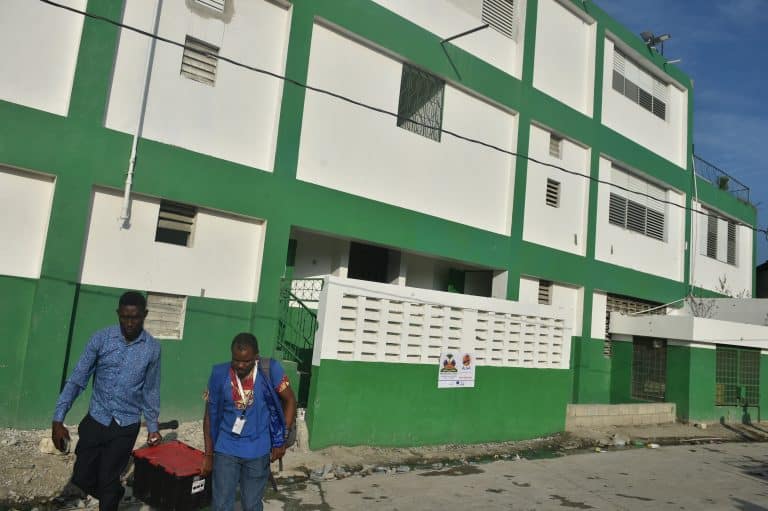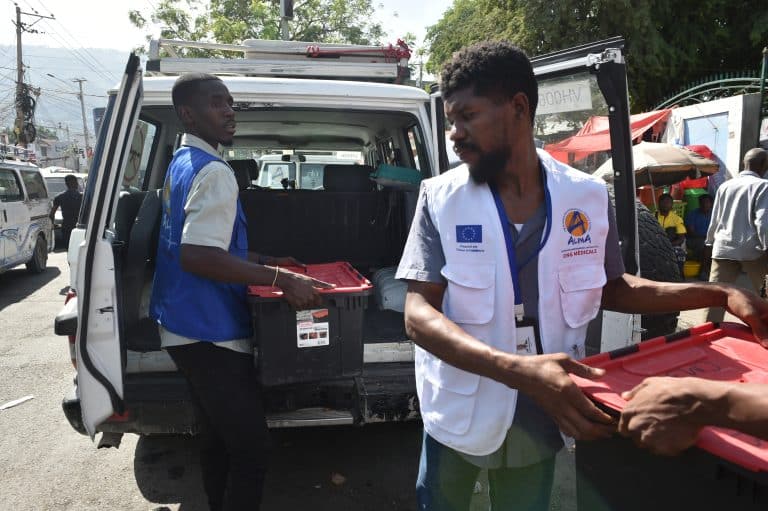Lassa fever is an acute viral hemorrhagic fever endemic to west Africa, transmitted to humans by the Mastomys rat (natural reservoir for the virus), with person-to-person transmission via contact with body fluids. The main symptoms are fever, diarrhea and hemorrhaging. Nigeria has been affected by Lassa fever for decades, with the peak season running from approximately December to April each year. First discovered in the late nineteen sixties, Lassa fever has continued to significantly impact individuals and communities, particularly in Southwest Nigeria, due to its rapid transmission and the mortality associated with the severity of the disease. Between January and March 2025, the Nigeria Centre for Disease Control (NCDC) has reported 563 confirmed cases of Lassa fever in Nigeria, leading to 103 deaths.
Since 2018, ALIMA has been supporting the Federal Medical Centre (FMC) in Owo Local Government Area of Ondo state to treat Lassa fever patients for free at the Lassa fever isolation and treatment facility located in the FMC Owo. Management of the disease is based on two main elements: basic care, such as hydration and dialysis, and antiviral treatment. Currently, ribavirin is the recommended Lassa fever treatment drug, but its effectiveness is questioned.
At the ALIMA supported facility in the Federal Medical Centre (FMC) Owo, teams have recorded 162 confirmed cases between December 2024 and March 2025, and cured 139 Lassa fever patients. Although this peak season is characterized by lower numbers compared to previous ones, our teams continue to put measures in place to treat more patients should the numbers spike.
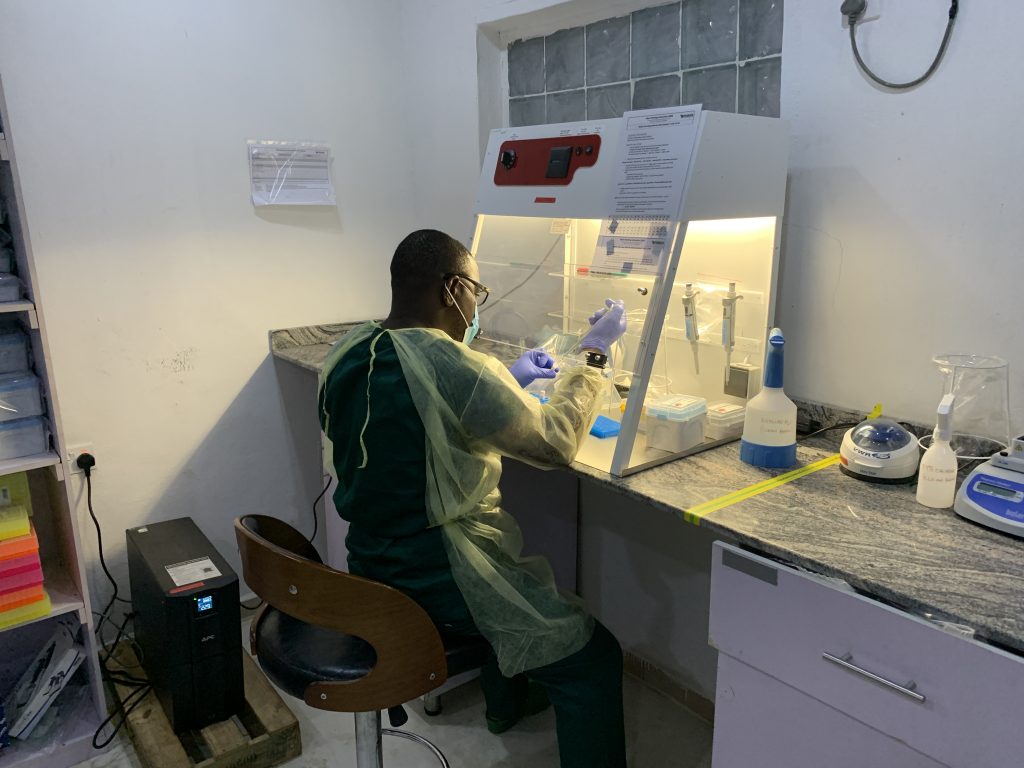
Integrate: Advancing Towards New and Effective Treatment
In order to improve treatment, the INTEGRATE project – a global alliance bringing together leading research institutes, health facilities and humanitarian organizations- is conducting research to find more effective treatments than ribavirin, as well as repurposed drugs that have shown efficacy against Lassa fever. The first clinical trial in West Africa, starting off in the world’s largest Lassa fever treatment centers – the Irrua Specialist Teaching Hospital (ISTH) and the Federal Medical Center Owo (FMCO) – in Nigeria, INTEGRATE will establish a platform clinical trial to efficiently test new drug candidates in line with ethical and scientific standards. This pioneering five-year study is coordinated by ALIMA in collaboration with the Bernhard Nocht Institute for Tropical Medicine (BNITM), and the ISTH and FMCO.
Facing Fear and Stigma – Tina’s Story
“I was very weak, it was difficult to even walk, I had to lean on the wall for support. I had carried out several blood tests thinking I had malaria but they all turned out negative”.
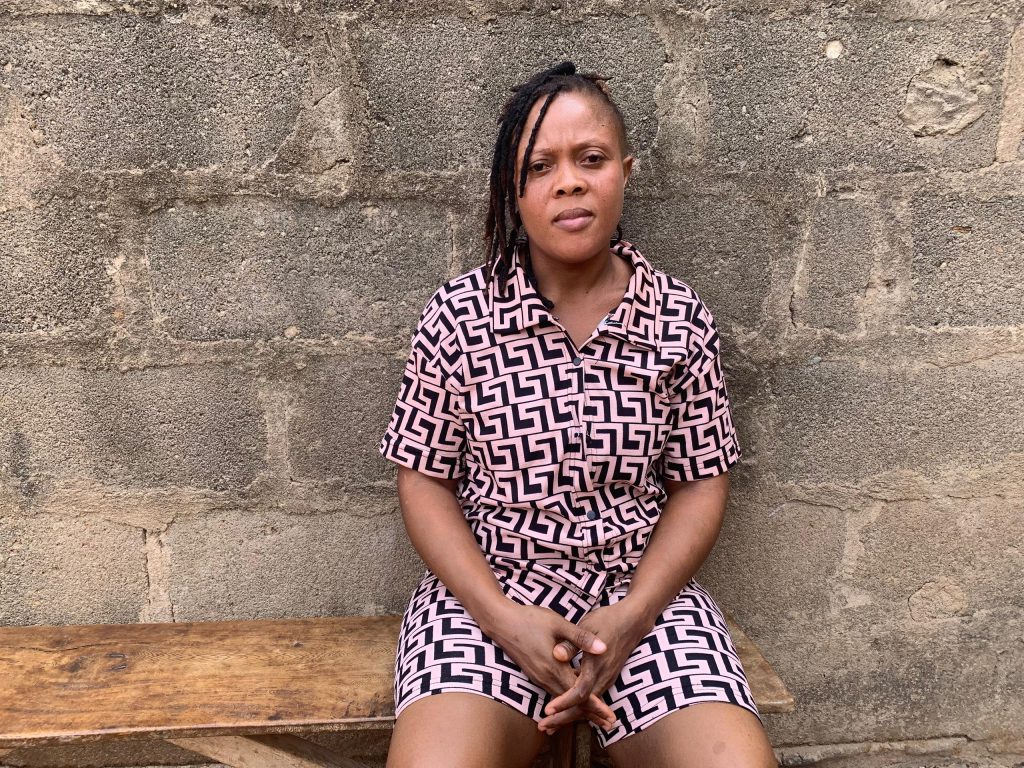
Tina Fidelis, a business woman in Owo, was diagnosed with Lassa fever in January 2025. When she first got her diagnosis, she was gripped with fear;
“When the doctor told me I was Lassa fever positive I cried; I cried because I was afraid. He referred me to the FMCO, where he sends his patients who test positive for the disease”.
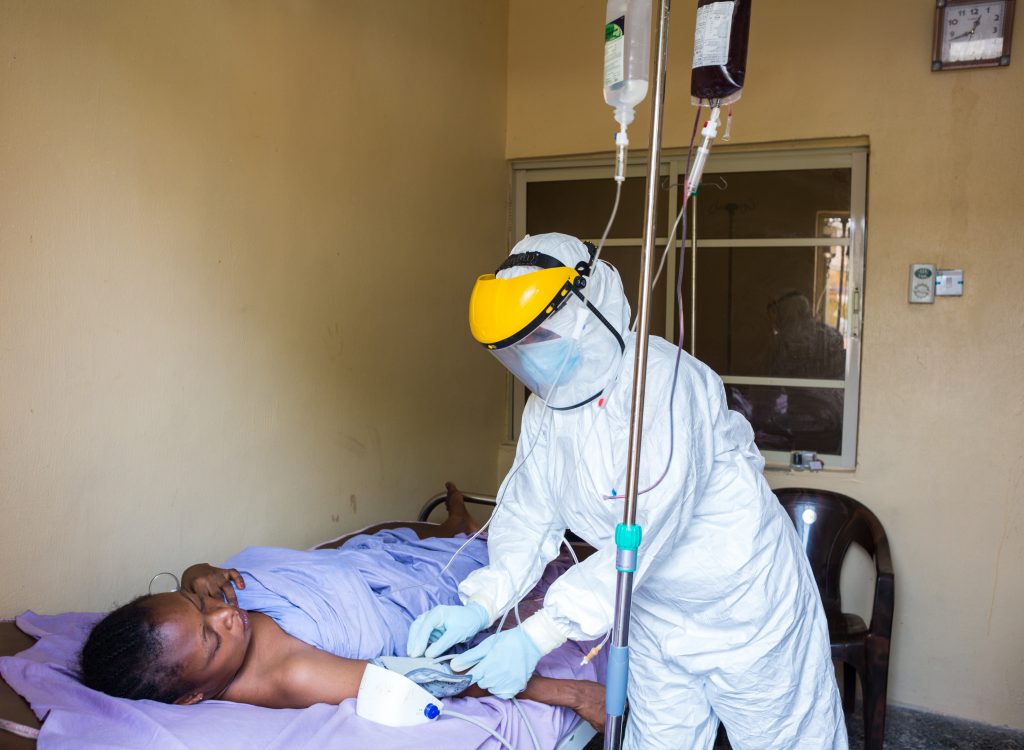
Rosemary Ikiakhele is a medical doctor with ALIMA in Owo, and is part of the team treating Lassa fever patients;
“ Here we support the FMC to attend to Lassa fever treatment, case management, community sensitization, as well as clinical studies to improve treatment outcomes and also to get newer and safer drugs for Lassa Fever”.
Tina fully recovered after spending 10 days in the ALIMA supported Lassa fever treatment center. She says the quality of free care and support she received played a significant role in her recovery. She encourages people to get tested as soon as they have the symptoms and go to FMC Owo where they would receive free and supportive care like she did.
“What I can say based on my experience is that, if your symptoms are like mine; fever, very dark urine, body pain and diarrhea, go for a Lassa fever test so that they can quickly confirm it and refer you to FMCO to get the full treatment, so that you can survive it”.
Combating Lassa fever remains challenging for healthcare teams in Owo, despite their ongoing efforts to treat patients; one of the major challenges being patients’ delay in seeking medical care which is directly proportional to the severity of the disease. However, with initiatives like INTEGRATE leading research into more effective treatments, there is growing hope for meaningful progress in the fight against the disease.
These activities are made possible through the INTEGRATE project which is supported by the Global Health EDCTP3 Joint Undertaking and its members.
Cover photo : © Nandak Chingle / ALIMA


